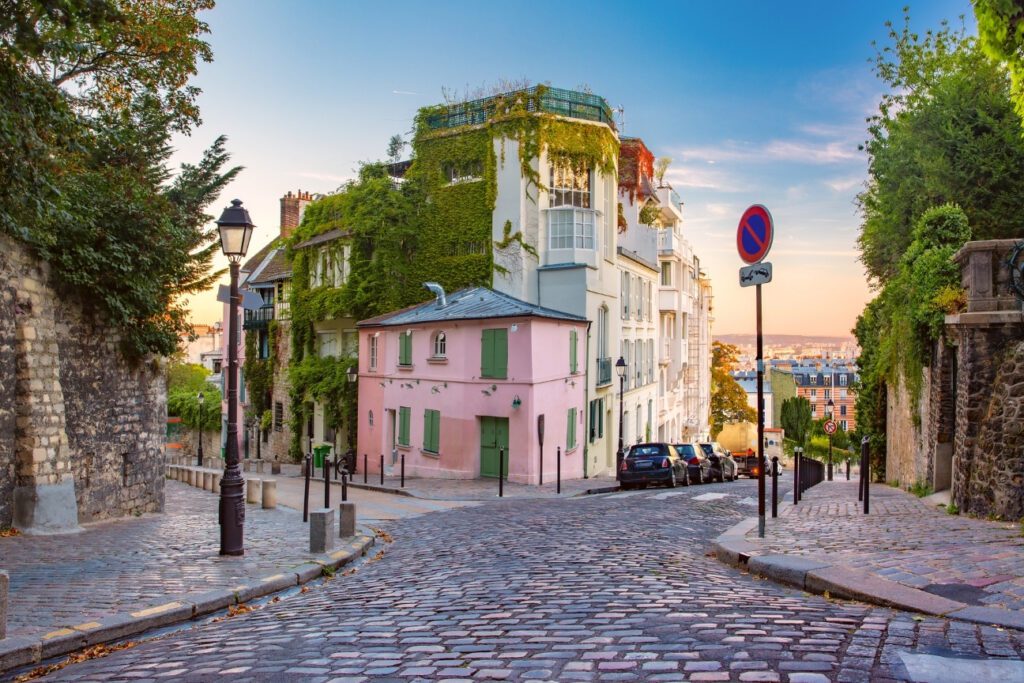Paris, the capital city of France, is renowned for its rich cultural heritage, stunning architecture, and vibrant population. However, like many major cities around the world, it faces the challenge of providing affordable housing for its residents, particularly in the face of gentrification and rising real estate prices.
Paris’ solution to this issue is pouring billions of euros into public housing initiatives aimed at preserving its mixed society and ensuring that people of all backgrounds can continue to live and thrive in the city. This proactive approach has not only helped to address the housing crisis but has also contributed to maintaining the diverse social fabric that makes Paris such a unique and dynamic place to live.
One of the key strategies that Paris has adopted to address its affordable housing shortage is investing heavily in the construction and renovation of public housing units. By building new developments and refurbishing existing ones, the city aims to provide high-quality, affordable accommodation for low-income residents and families. This not only helps to ensure that everyone has a place to call home but also helps to combat homelessness and reduce inequality within the city.
Pushing for Social Inclusion
In addition to simply providing affordable housing, Paris is also pushing for social inclusion by ensuring that public housing is integrated into mixed-use developments that cater to people of all income levels. By creating vibrant, diverse neighborhoods where residents from different backgrounds can live side by side, the city is fostering a sense of community and solidarity that is essential for a healthy and thriving society. This approach not only benefits residents but also helps to reduce social tensions and promote greater understanding and tolerance among different groups.
Moreover, Paris is working closely with local community organizations and social enterprises to ensure that public housing is not just a place to live but a springboard for social mobility and economic empowerment. By providing residents with access to education, job training, and other support services, the city is helping to break the cycle of poverty and create pathways to a better future for all its residents. This holistic approach to public housing reflects Paris’s commitment to building a more equal and inclusive society for everyone.
Ensuring Sustainable Development
Another key aspect of Paris’s public housing initiatives is a focus on sustainable development and environmental responsibility. By incorporating green building practices, energy-efficient technologies, and renewable energy sources into its housing projects, the city is not only reducing its carbon footprint but also creating healthier and more livable communities for its residents. This commitment to sustainability is not only good for the environment but also for the long-term well-being and prosperity of the city and its inhabitants.
In conclusion, Paris’s investment in public housing is not just a response to a housing crisis but a proactive strategy to preserve its mixed society, promote social inclusion, and ensure sustainable development for the future. By prioritizing affordable housing, social integration, and environmental sustainability, the city is setting an example for other urban centers around the world to follow. Paris’s commitment to its residents and its dedication to building a more equitable and inclusive society make it a model for how cities can address the challenges of the 21st century and create a better world for all.



